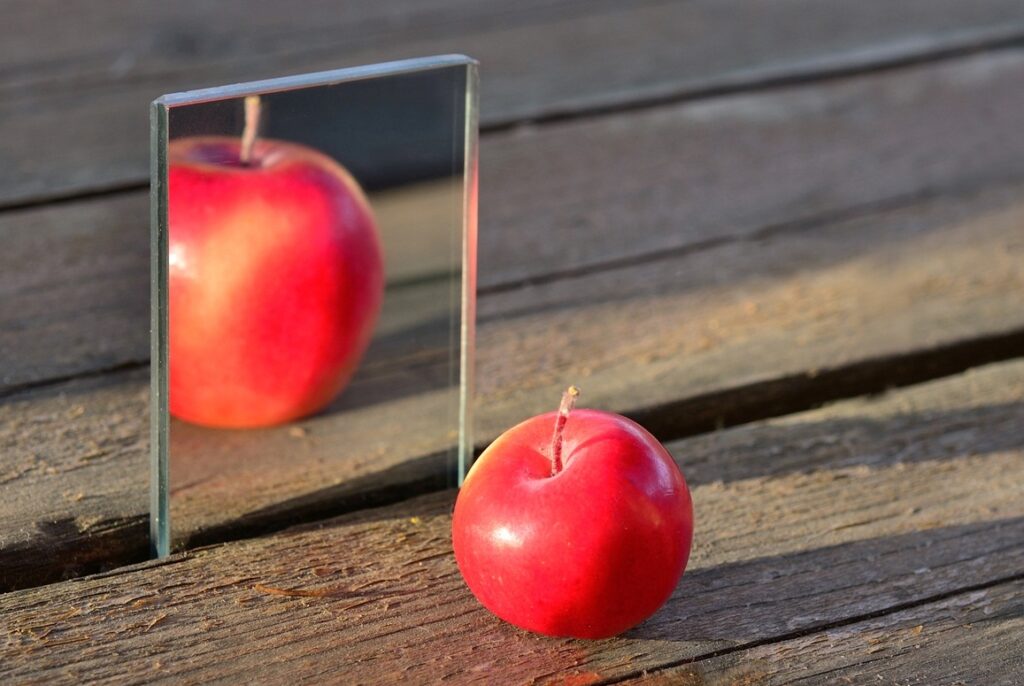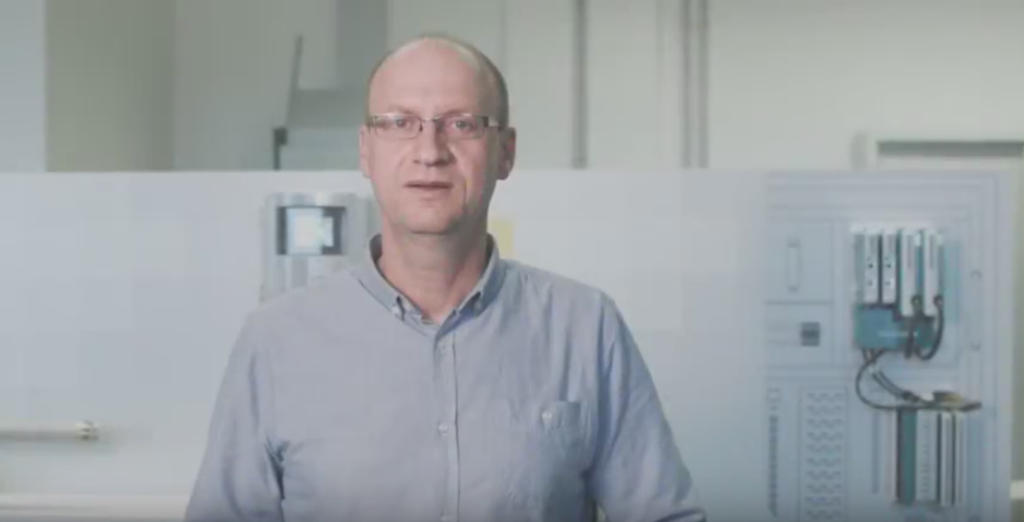Milestone in the history of technology
It was Apple CEO Steve Jobs who unveiled history’s very first iPhone at the Macworld Conference on January 9, 2007. In anticipation of the countless opportunities that were about to be opened up, the firm’s legendary founder referred to the smartphone somewhat immodestly as “a revolutionary device … that will change everything.” (Go to source)
12 years on – Apple Watch – Emphasis on health & fitness
Today, there are not only iPhones that have been optimized in umpteen different ways; there is also the Apple Watch. The electronics have been continuously reworked by Apple’s engineers in the meantime, to make the world’s favorite smartwatch more convenient in everyday use. Like its predecessor model, the fifth version puts the emphasis mainly on health and fitness: during the most recent keynote in Cupertino (California), Apple showed video testimonials of watch customers whose lives have been saved by the built-in sensors’ ability to detect heart disease or to automatically dial the emergency number following a fall. (Go to source)
Smart health
With these and other similar reports abounding, it has been clear for some time now that smart health will become increasingly important in the context of digital transformation. A very lively market which holds considerable promise for the future has grown up around digital health offerings and also in the area of medical and medtech research and development. Experts from politics, medicine and business predict that smart health, big data and artificial intelligence will enhance medical care and pave the way for massive savings in the health sector. Smart health has the potential to significantly improve both medical quality and surgical results.
Smart health and health data
It is a precondition of smart health that information on our individual state of health can be continuously collected and digitally evaluated. Tracking gadgets for this purpose have already become established on a relatively broad basis in daily life and sport. Heart rate monitors, activity trackers and smartwatches, for instance, keep track of our personal physical activity or our circulatory system and measure our body’s energy consumption. The idea is that this will render preventative healthcare even more effective in the future.
Smart health in the process industry
We can take this example and transpose it from the health sector to industry: preventive maintenance cuts costs. Only on the face of it is maintenance of a plant or assets a cost factor. In fact, the very opposite is true. Prophylactic maintenance based on the specific requirements of each customer system leads to lower operating costs in the long term. The maintenance workload is restricted to a minimum. That simultaneously saves time and ensures a sustainably high level of plant productivity.
Sushi Sensors – Digitized maintenance
An ingenious gadget – reminiscent of the Apple Watch in the health sector – also exists to support and simplify this kind of prevention strategy: Sushi Sensors let you digitize the preventive maintenance process for your assets. They help you plan, execute and document asset maintenance fast and efficiently.
Technology continues to evolve – Wireless solution for the Industrial Internet of Things (IIoT)
In short, Sushi Sensors are a wireless solution for IIoT. They measure vibration and surface temperature, enabling machine and equipment conditions to be monitored in industrial use. As a side note and outlook for the future: more parameters are currently in the pipeline.
Thanks to LoRaWAN™, a low-power wide-area (LPWA) wireless data communication protocol for long-distance communications, Sushi Sensors can be used anywhere in the plant and able to cover huge areas. Sushi Sensors have many advantages when redesigning asset maintenance in industrial plants. This particularly applies in combination with advanced analysis capabilities such as artificial intelligence (AI) or cloud based machine learning.
And by the way, transparent and clearly defined functionalities are crucial for any smart health gadget’s acceptance, of course!
Artificial Intelligence: Far more than Terminator, K.I.T.T. or R2-D2
Algae: A jack-of-all-trades with enormous potential and a bad reputation 2/2




